 FCAT Vocabulary Help
FCAT Vocabulary Help
Toward the end of every school year, students in 3rd grade through 10th grade are required to take the FCAT test. FCAT stands for Florida Comprehensive Achievement Test. An easy way to help your student improve his performance on the FCAT is to make sure all of the FCAT vocabulary is well understood.
The following list of words was taken from an FCAT preparation book. Start by defining the word strategy as a skillful plan to understand what is read. Each week, have your child learn some of these words by defining the word in a way they understand and using it in sentences until they really get it. Work on a part of the list each week until you finish the whole list.
- Main idea–the most important idea (be sure to define “idea”).
- Passage–a piece of writing.
- Paragraph–a group of sentences relating to the same idea.
- Article–a written composition.
- Myth–a traditional story, often about supernatural beings.
- Fact–a thing known to be true.
- Details–a small unimportant part.
- Sentence–a group of words making a complete thought.
- Phrase–a group of words that do not make a complete thought.
- Explain–to make an idea clear.
- Support–to help to prove an idea.
- Setting–the place and time of a story.
- Narrator–the person telling the story.
- Considered–carefully thought out.
- According–by the authority of (following rules, etc).
- Sequence–one thing after another.
- Particular–special as in particular order.
- Specific–definite as in specific sequence.
- Clue–guide to solving a problem as in clue word.
- Indicate–make known, point out.
- Version–special form or translation.
- Arrange–place in proper order.
- Unique–only one of its kind.
- Cause–to make something happen.
- Effect–the result of a cause.
- Stated–to tell in speech or writing.
- Compare–finding out how things are alike.
- Contrast–how things are really different.
- Prediction–a good guess about something happening later.
- Context–words before and after a particular word.
- Synonym–words with much the same meaning; alike.
- Antonym–words that are opposite.
- Drawing conclusions–to arrive at an opinion or judgment.
- Making inferences–reasoning from something known.
- Opinion–what one thinks.
- Distinguishing–tell apart.
- Authors purpose–why the author wrote something.
- Figurative language–words meaning something different.
- Interpreting–explaining the meaning of.
- Similes–stating the likeness of something (brave as a lion).
- Metaphors–an implied comparison (a heart of stone).
- Idioms–words that cannot be interpreted the usual way (example: spill the beans).
- Personification–human characteristic given to animals or things.
- Hyperbole–exaggeration to make a point.






Recent Comments